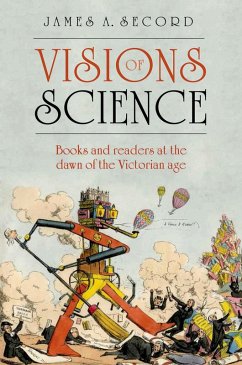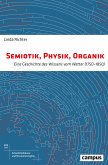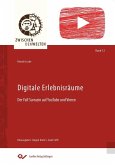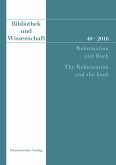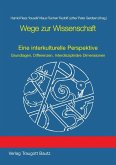The early 1830s witnessed an extraordinary transformation in British political, literary, and intellectual life. New scientific disciplines begin to take shape, while new concepts of the natural world were hotly debated. James Secord, Director of the Darwin Correspondence Project, captures this unique moment of change by exploring key books, including Charles Lyell's Principles of Geology, Mary Somerville's Connexion of the Physical Sciences, and Thomas Carlyle's satirical work, Sartor Resartus. Set in the context of electoral reform and debates about the extension of education to meet the demands of the coming age of empire and industry, Secord shows how the books were published, disseminated, admired, attacked and satirized.
Dieser Download kann aus rechtlichen Gründen nur mit Rechnungsadresse in A, B, BG, CY, CZ, D, DK, EW, E, FIN, F, GR, HR, H, IRL, I, LT, L, LR, M, NL, PL, P, R, S, SLO, SK ausgeliefert werden.

